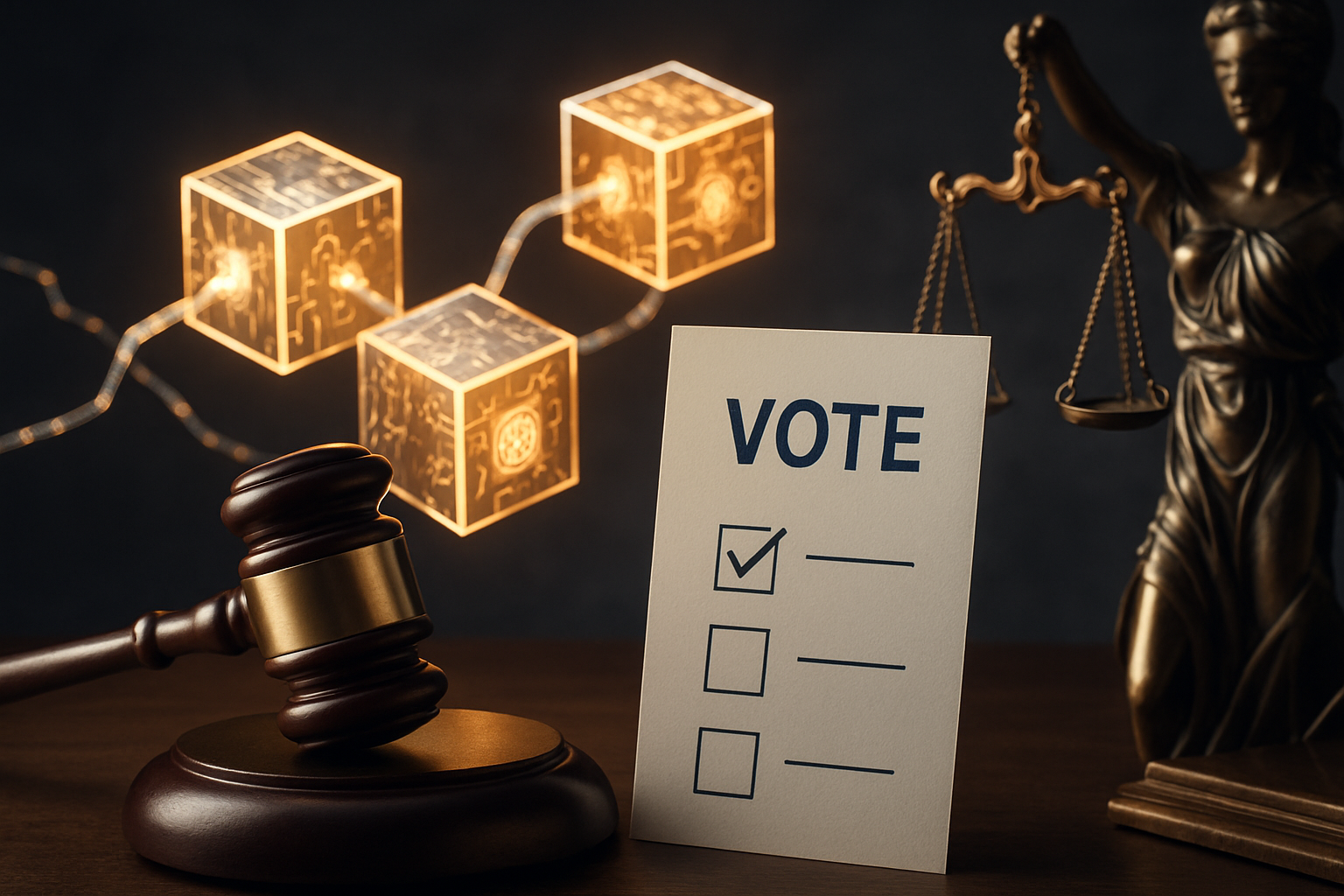Rethinking Property Rights in the Digital Age
In an era dominated by digital assets and virtual economies, traditional concepts of property ownership are being challenged and redefined. As blockchain technology, non-fungible tokens (NFTs), and digital marketplaces reshape our understanding of value and ownership, legal systems worldwide grapple with adapting centuries-old property laws to the realities of the 21st century. This article explores the evolving landscape of property rights in the digital realm and its implications for law and governance.

Historical Context of Property Rights
Property rights have evolved significantly throughout history, from feudal systems to modern capitalist economies. The Enlightenment period saw the development of John Locke’s labor theory of property, which posited that individuals have a natural right to the fruits of their labor. This concept heavily influenced Western legal systems and economic thought. However, the digital age presents new challenges to these established principles.
The Emergence of Digital Assets
Digital assets encompass a wide range of intangible items, including cryptocurrencies, domain names, social media accounts, and digital art. Unlike physical property, these assets often exist solely in the digital realm, raising questions about their legal status and how they should be protected under existing property laws. The decentralized nature of many digital assets further complicates matters, as they may exist across multiple jurisdictions simultaneously.
Legal Challenges in Digital Property Rights
The legal framework surrounding digital property rights is still in its infancy, with courts and legislators struggling to apply traditional property concepts to the digital realm. Key issues include determining ownership of user-generated content on social media platforms, protecting intellectual property in an age of easy digital replication, and establishing jurisdiction over globally distributed digital assets. These challenges require a fundamental rethinking of how property rights are defined and enforced in the digital age.
Blockchain and the Future of Ownership
Blockchain technology has emerged as a potential solution to many of the challenges posed by digital property rights. By providing a decentralized and immutable record of ownership, blockchain could revolutionize how we track and transfer digital assets. Smart contracts, self-executing agreements stored on the blockchain, offer the potential for automated enforcement of property rights without the need for intermediaries.
Policy Implications and Regulatory Responses
As digital property becomes increasingly prevalent, policymakers and regulators must adapt to ensure adequate protection for digital asset owners while fostering innovation. This may involve creating new legal categories for digital property, developing international frameworks for cross-border digital transactions, and updating tax codes to account for digital assets. Balancing the need for regulation with the desire to encourage technological advancement will be a key challenge for governments in the coming years.
The Societal Impact of Digital Property Rights
The evolution of digital property rights has far-reaching implications for society. It has the potential to democratize access to investment opportunities, create new forms of creative expression, and reshape our understanding of value. However, it also raises concerns about digital inequality and the concentration of wealth in the hands of those who control key digital platforms and technologies. As digital property becomes increasingly important, ensuring equitable access and protection will be crucial for maintaining social stability and economic fairness.
Conclusion
The digital age is forcing a fundamental reconsideration of property rights, challenging long-held legal and economic principles. As we navigate this new frontier, it is essential that legal systems and regulatory frameworks evolve to address the unique characteristics of digital assets. The development of robust and flexible digital property rights will be crucial in harnessing the full potential of the digital economy while protecting the interests of individuals and society as a whole. As technology continues to advance, the concept of ownership will undoubtedly continue to evolve, requiring ongoing dialogue and adaptation in the legal and policy realms.






